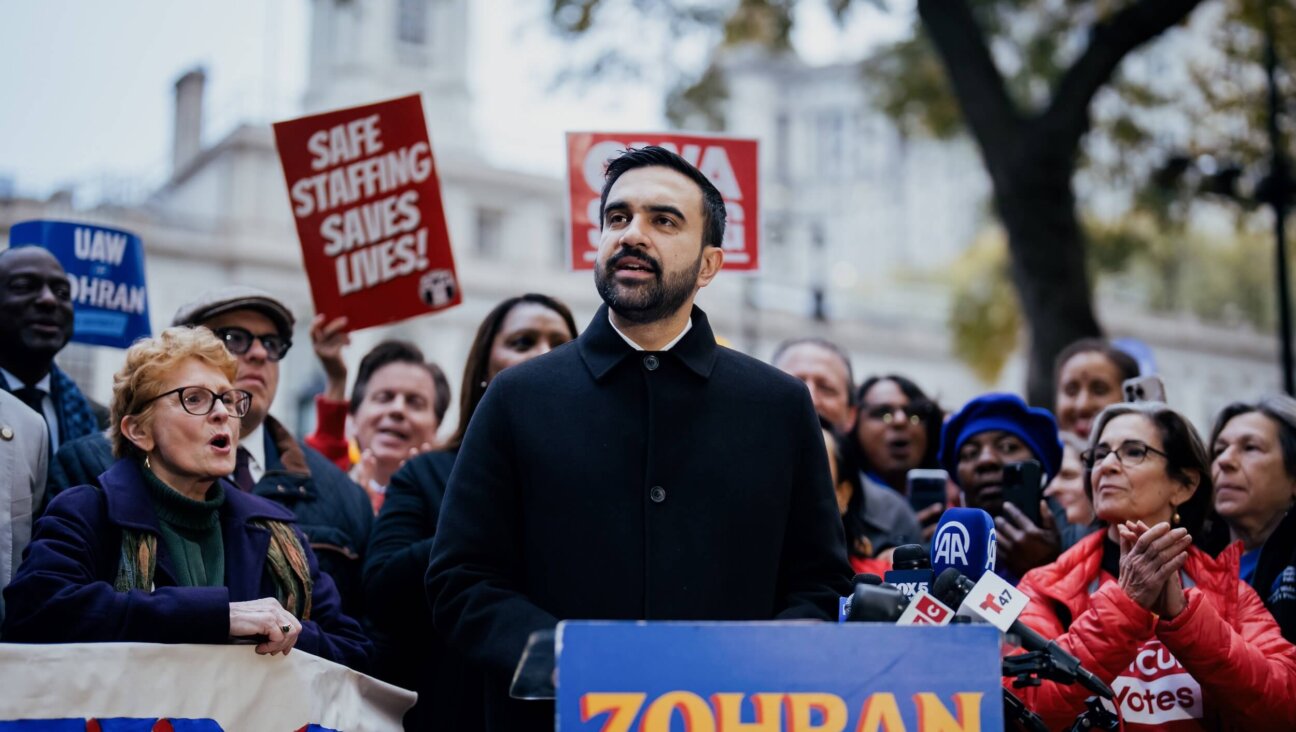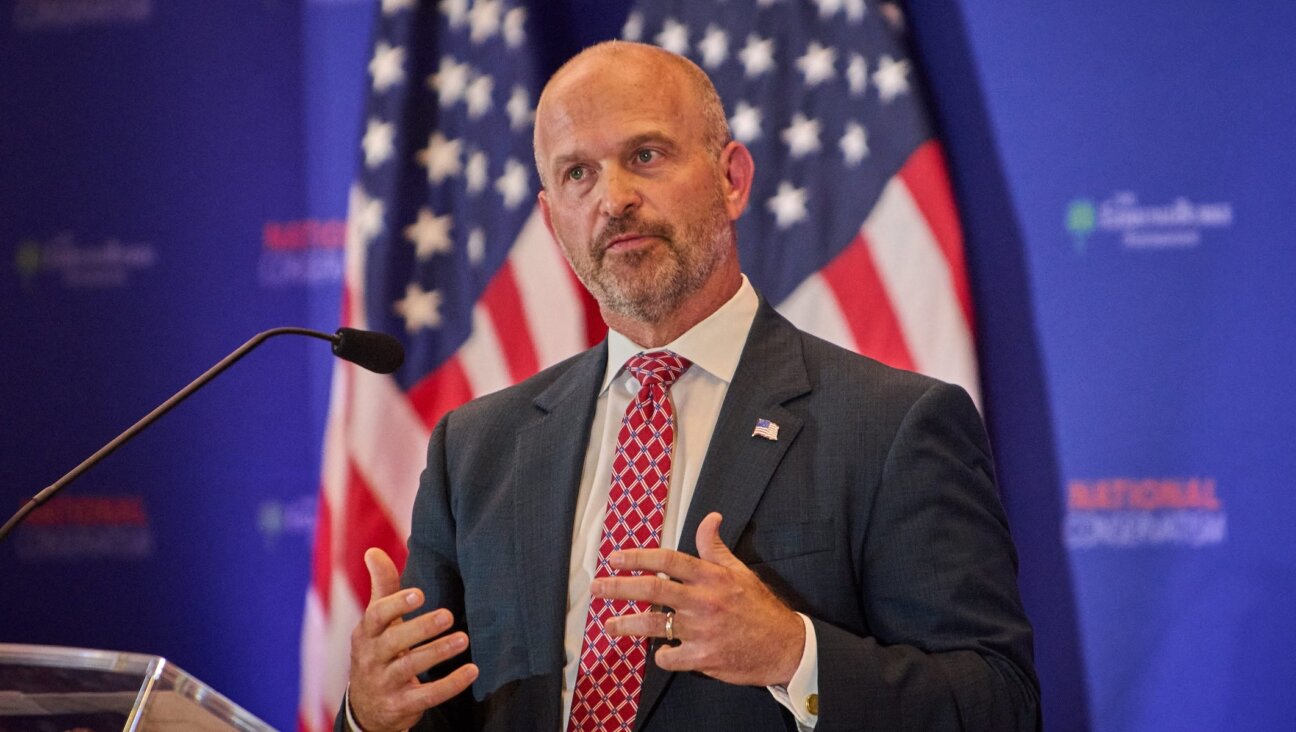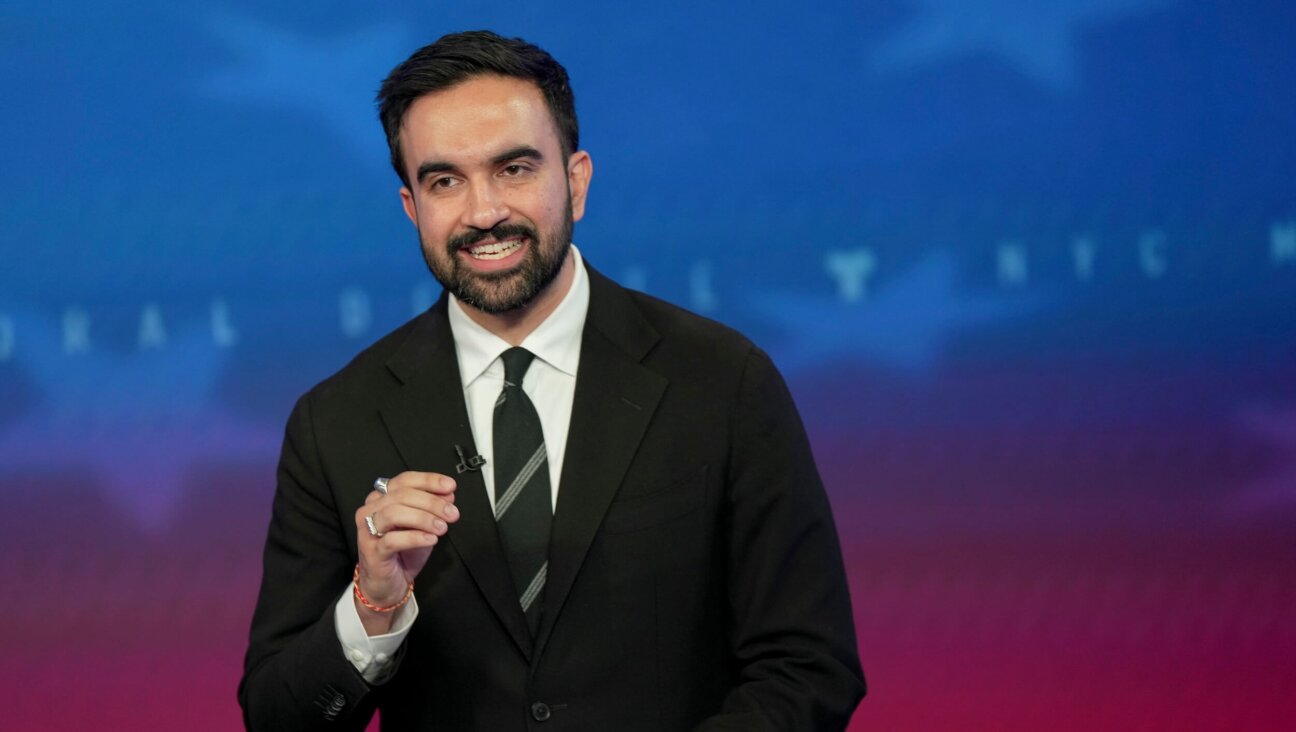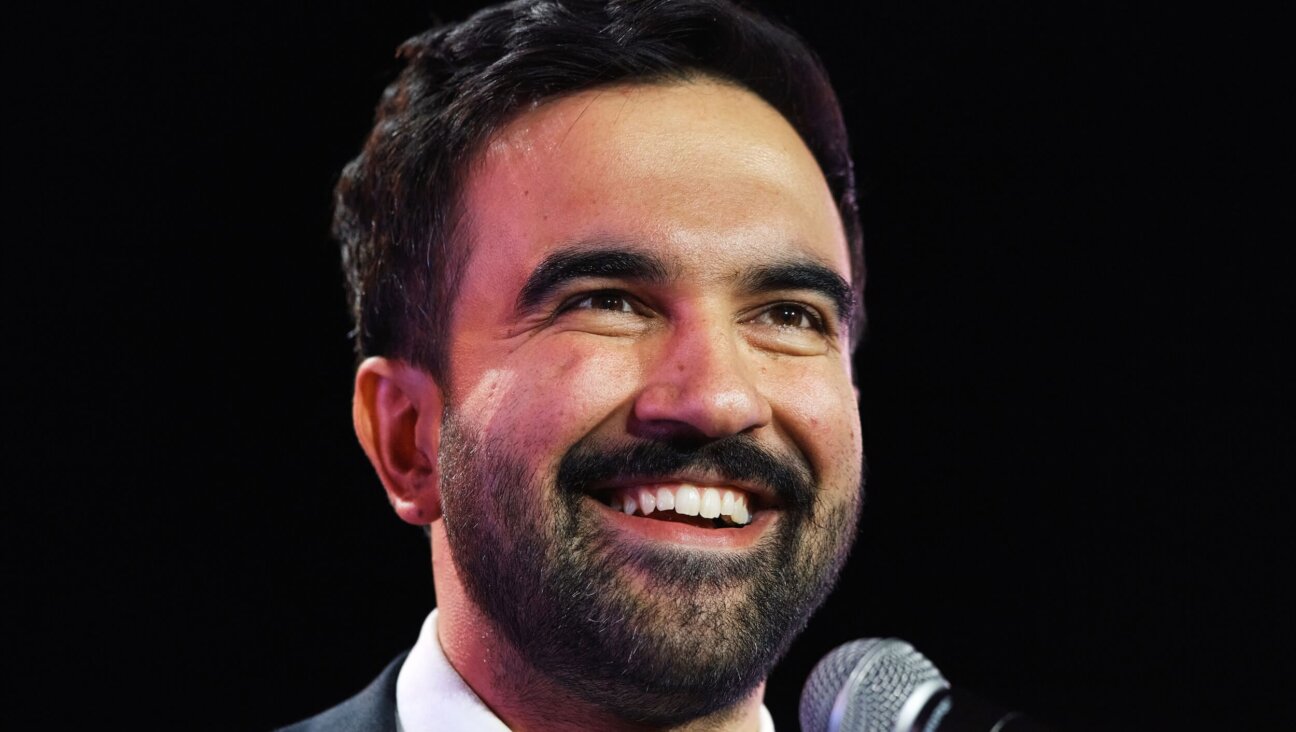Alan Gross In ‘Normal’ Health, Cuba Says

Happier Days: Alan Gross, with his wife, Judy, in Jerusalem in 2005. Image by courtesy of gross family
Cuba said on Wednesday that jailed U.S. contractor Alan Gross is in “normal” health, despite his wife’s claims to the contrary, as it reiterated its willingness to talk with the U.S. government about resolving the case.
Gross, arrested in Havana in December 2009 for illegally bringing in Internet equipment and setting up wi-fi networks under a controversial U.S. program, is serving a 15-year sentence handed down in an April 2011 trial. The case halted a brief warming in relations between Washington and Havana.
Wife Judy Gross said in a statement on Tuesday she had just visited her husband and found him to be in deteriorating health.
“I am devastated by his appearance,” she said. “While his spirit remains strong, I fear he is not going to survive this terrible ordeal.” She said her husband, 63, has lost 105 pounds (48 kg), has degenerative arthritis and a “mass” behind his right shoulder blade.
On Wednesday, Cuba refuted her allegations.
“The state of health of Mr. Gross continues being normal and he regularly does intense physical exercises,” Foreign Ministry official Josefina Vidal said in a statement.
She said Judy Gross had visited her husband three times at the end of last week for which “the best conditions were created.”
Gross was working semi-covertly in Cuba under a U.S. program promoting political change on the island.
The U.S. government has said he was only setting up Internet connections for Cuba’s Jewish community, but Cuba viewed his actions as part of the United States’ longstanding campaign to topple the island’s communist system.
Gross’ arrest ended a short-lived thaw in relations between Havana and Washington under President Barack Obama, who had eased the 50-year-long U.S. trade embargo against the island and allowed Cuban Americans to freely travel and send remittances to their homeland.
Cuban officials have previously suggested the two countries could do a prisoner swap – Gross for four Cuban agents jailed in the United States on spying charges.
Tuesday was the 14th anniversary of the arrest and incarceration of the agents, who the Cuban government says have been treated unjustly.
WASHINGTON REJECTS PRISONER SWAP
The United States has rejected the idea of a prisoner swap but did offer last year to send one of the four convicted Cuban spies home in exchange for Gross, a deal Cuba rejected.
Gross recently hired a new lawyer, Jared Genser, a Washington-based international human rights attorney whose clients have included Nobel Peace Prize Laureate and pro-democracy leader Aung San Suu Kyi of Myanmar.
Genser told Reuters that Cuba had violated Gross’ rights to freedom of expression and had given him an unfair trial.
He said he had filed a petition to the U.N. Working Group on Arbitrary Detention seeking a finding against Cuba. The U.N. group has no power to enforce such a ruling, but its decision could place pressure on the Cuban government.
“A government detaining a person wrongly typically only lets them out when the costs substantially outweigh the benefits of detaining them,” Genser said. “I’ve seen how an opinion from the United Nations is a very effective tool, when combined with the appropriate political and public relations advocacy efforts.”
Genser also urged Cuba to allow Gross to be examined by an independent doctor. The true state of his health could not be assessed by the physicians who were also “Cuban government agents” who have seen Gross so far, he said.
The U.N. petition and Genser’s blunt statements appeared to signal new, more aggressive tactics as part of Judy Gross’ long battle to free her husband, a veteran development worker.
Previously, she had taken a more conciliatory approach. But in June, Judy Gross complained publicly about her husband’s condition, which prompted an angry denial from Cuba and a cryptic reminder that Gross could be in prison instead of the Havana military hospital where he is being held.













